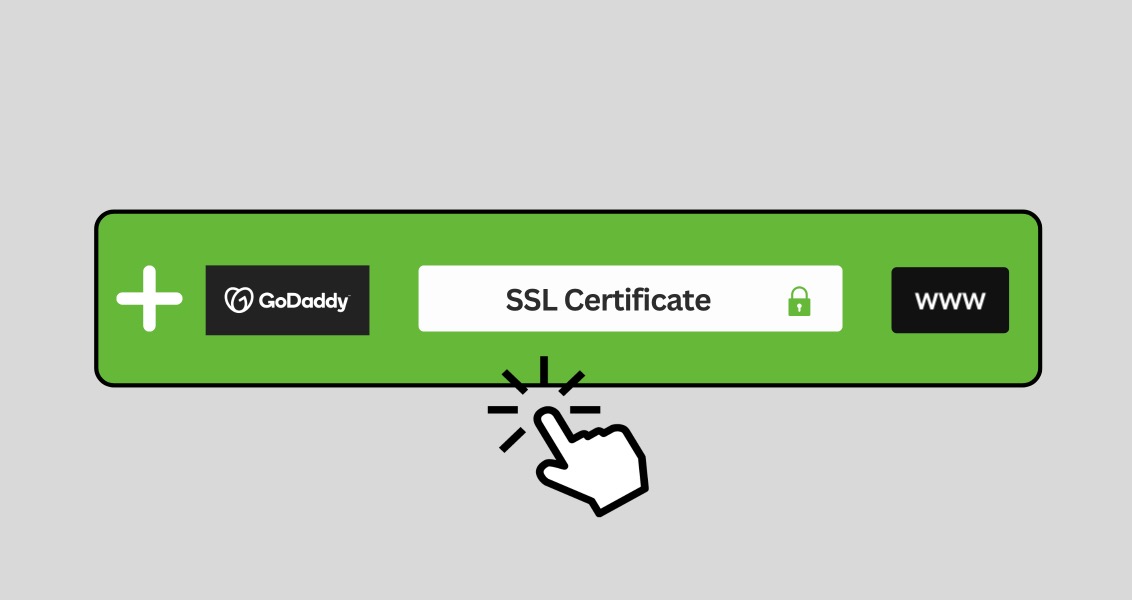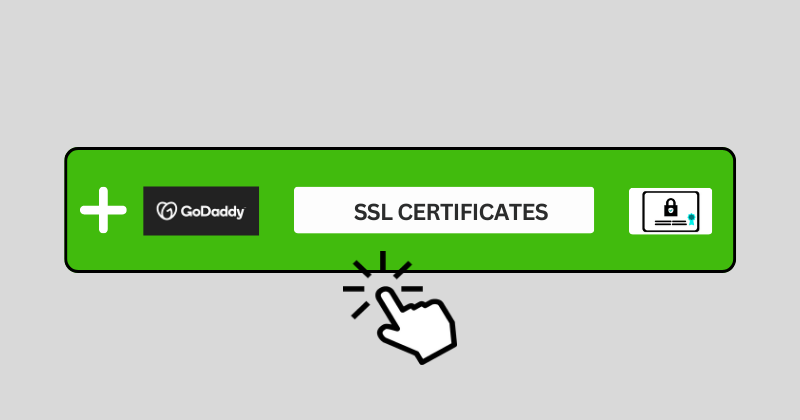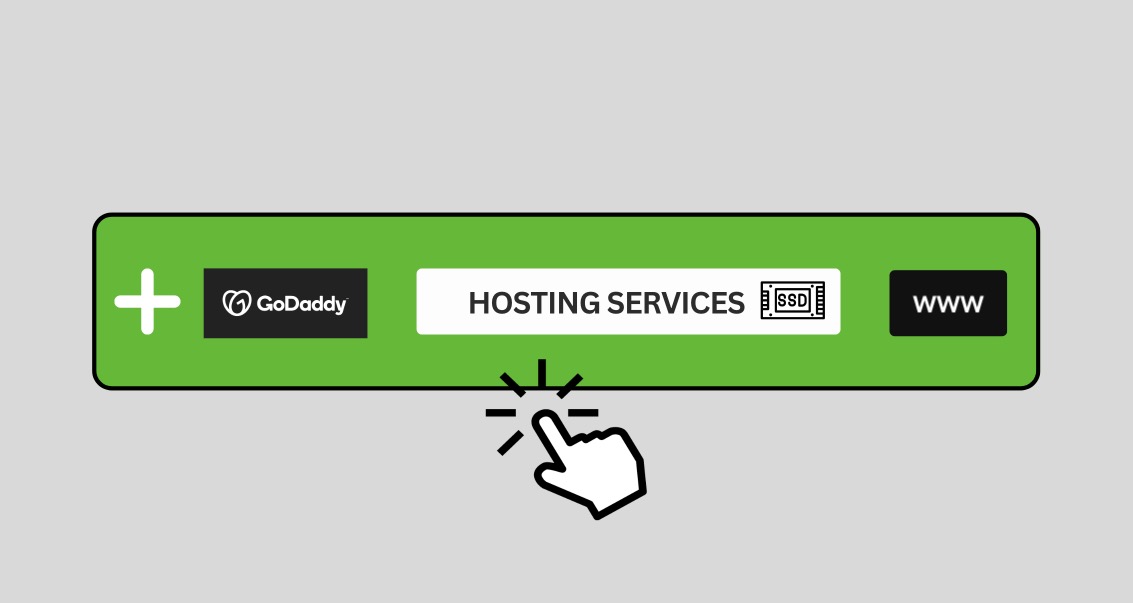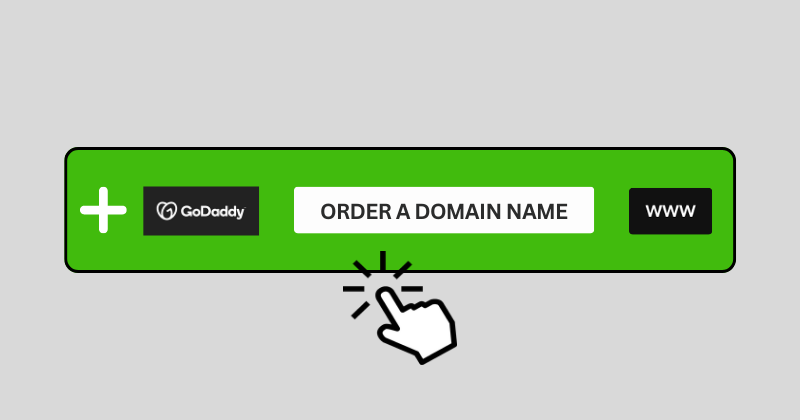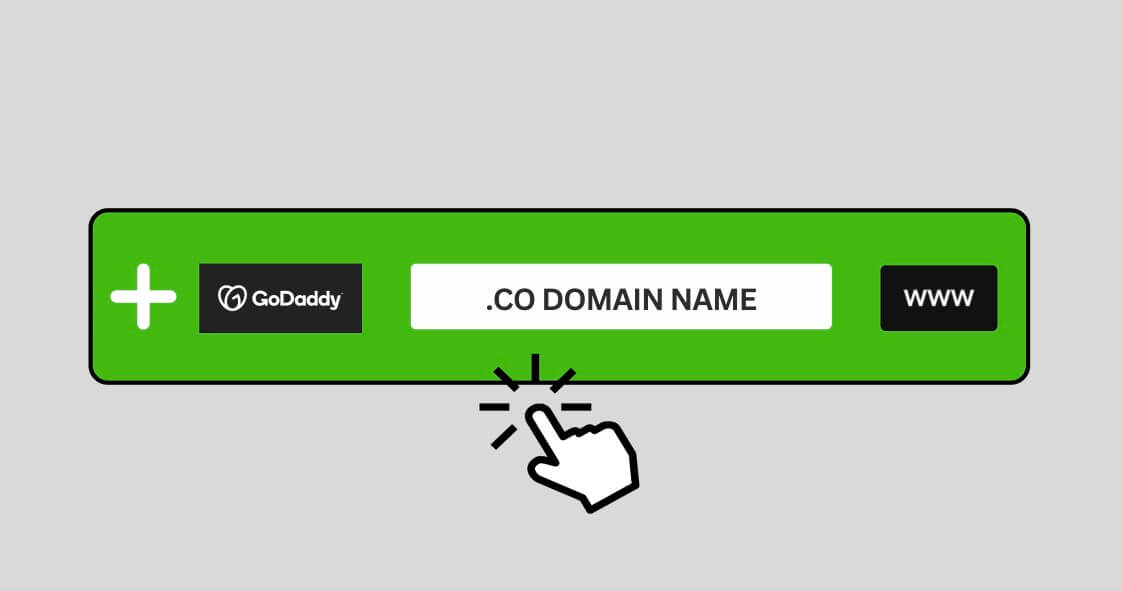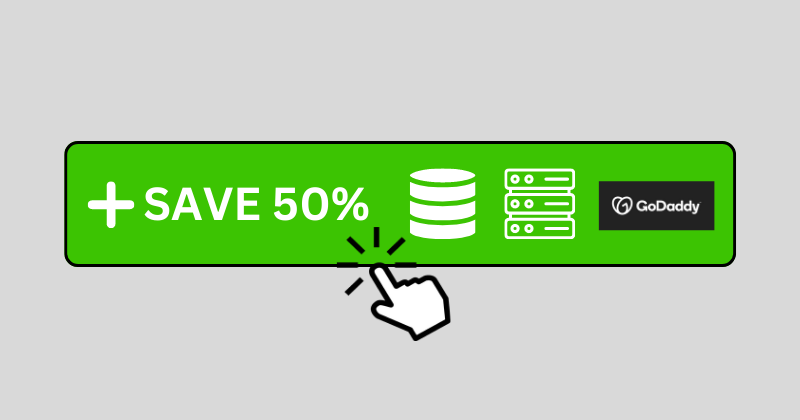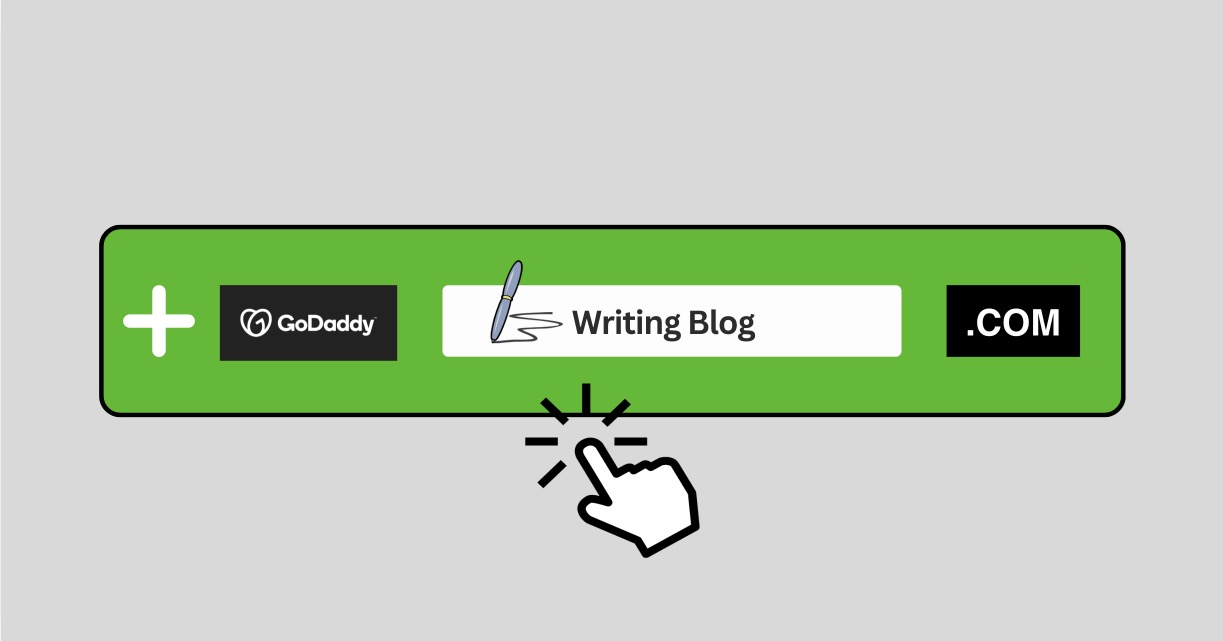In December 2024, protecting your website and blog is not just an option, but a requirement. With cyberattacks and data breaches on the rise, ensuring that your website is safe for visitors is a top priority. One of the best ways to ensure this is through the use of SSL Certificates, and GoDaddy is one of the leading providers in this field.
Go to GoDaddy’s Online website to check SSL Service
Why do you need SSL?
SSL is a security protocol that encrypts data between client and server, preventing anyone from stealing visitors’ personal information. This not only helps visitors feel secure when using your website, but is also a requirement of most e-commerce payment companies and personal information protection laws.
How to install SSL?
Purchasing an SSL certificate from GoDaddy is simple, but installing an SSL certificate yourself can be a challenge. Here are some steps you can take:
Buy an SSL certificate from GoDaddy: Visit GoDaddy’s website and choose the type of SSL certificate that suits your needs. There are many different types of certificates, from basic certificates to advanced certificates with more security features.
Verify your domain: After purchasing the certificate, you will need to confirm that you are the owner of the domain you want to protect. GoDaddy usually provides detailed instructions on how to do this.
Install SSL certificate: Once you have verified the domain, you will need to install an SSL certificate on your web server. This can get a little technical, but GoDaddy provides detailed instructions to help you.
Why choose GoDaddy?
GoDaddy is not only a leading SSL certificate provider, but also a trusted partner in protecting your website. They offer a wide range of security products and services, including SSL certificates, DDoS protection, and more. Furthermore, they offer customer support Monday through Friday during business hours to help you resolve any issues that may arise.
Types of SSL certificates
GoDaddy offers many different types of SSL certificates, from basic certificates to premium certificates with more security features. Some common types of certificates include:
1- Standard SSL Certificate: This is the most basic type of certificate, suitable for small and personal websites.
2- Extended SSL Certificate: This is the most advanced type of certificate, provides the highest level of security, and is often used for large e-commerce websites and large organizations.
3- Organizational SSL Certificate: This type of certificate is for organizations and businesses, providing a higher level of security than standard SSL certificates.
SSL installation process
After purchasing an SSL certificate from GoDaddy, you will need to install it on your web server. The installation process usually includes the following steps:
1- Create a certificate signing request (CSR): A CSR is a file that contains information about your website and your company. You will need to generate a CSR on your web server and submit it to GoDaddy.
2- Verify domain and install certificate: Once GoDaddy receives the CSR and confirms that you are the owner of the domain, they will send you an SSL certificate. You will need to install this certificate on your web server.
3- Check installation: Finally, you will need to check if the SSL certificate has been installed properly. You can do this by accessing your site via https and reviewing the certificate information in your browser.
Protecting your website with SSL from GoDaddy not only increases security but also helps increase visitor trust. Start protecting your website today!
With GoDaddy, you don’t just buy an SSL certificate, you buy peace of mind for your visitors and protection for your website. Start protecting your website today. SSL is not just an option, but a requirement to ensure that your website is secure and trustworthy. Don’t hesitate, start protecting your website with SSL from GoDaddy today!
Topics #SSL Certificate #Web Hosting
